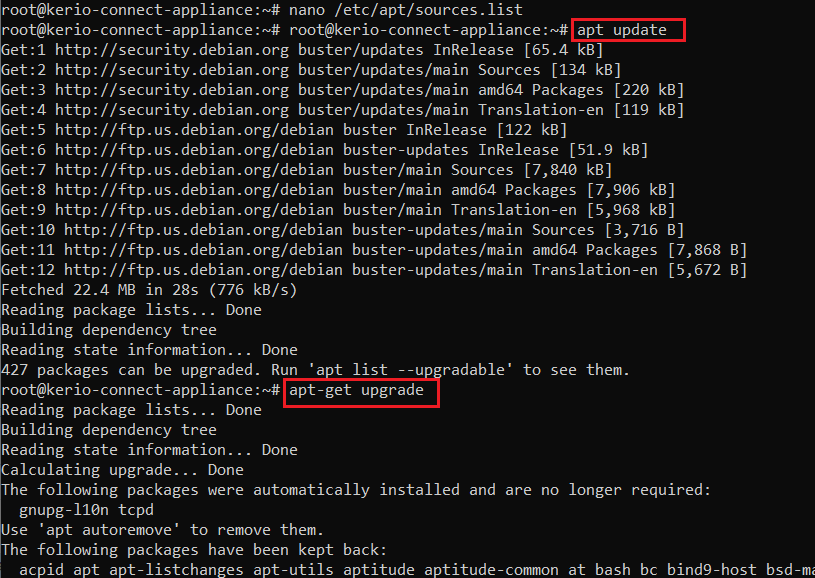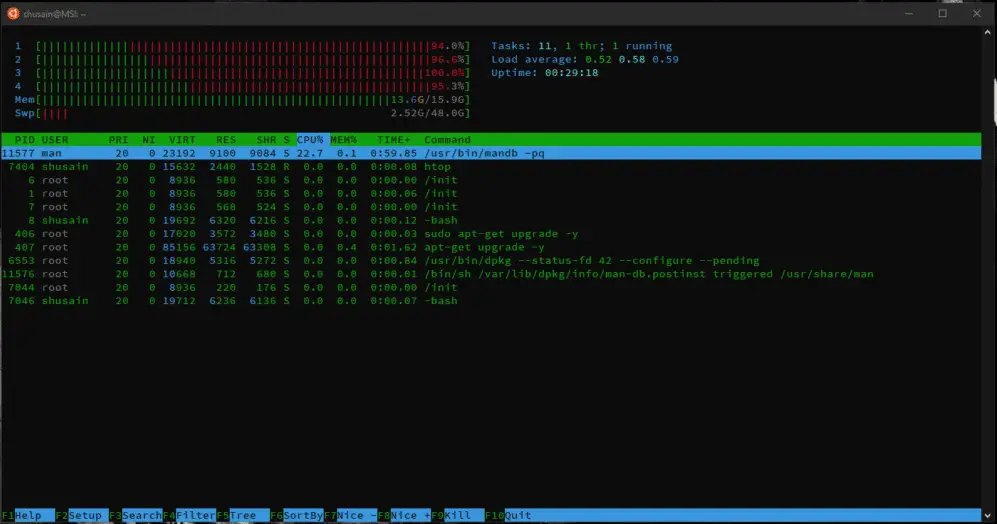

This makes read and write operations more efficient, but the kernel will reallocate that memory if a process needs it. While the “used” column does represent RAM which is currently in use by the various programs on a system, it also adds in the RAM which the kernel is using for buffering and caching.

Just because memory is “in use” doesn’t necessarily mean that any process or application is actively utilizing it. Used: This column lists the amount of memory that is currently in use – but wait, that’s not quite as intuitive as it sounds. Total: This column is obvious – it shows how much RAM is physically installed in your system, as well as the size of the swap file. Let’s break down the details represented in all of these columns, since the terminology here gets a little confusing. This output tells us that our system has about 2 GB of physical memory, and about 1 GB of swap memory. Now the values are much clearer, even with a brief glance. The -h switch, which stands for “human readable”, helps us make more sense of the output: That’s chiefly because the output is given in kibibytes by default.

Total used free shared buff/cache available


 0 kommentar(er)
0 kommentar(er)
